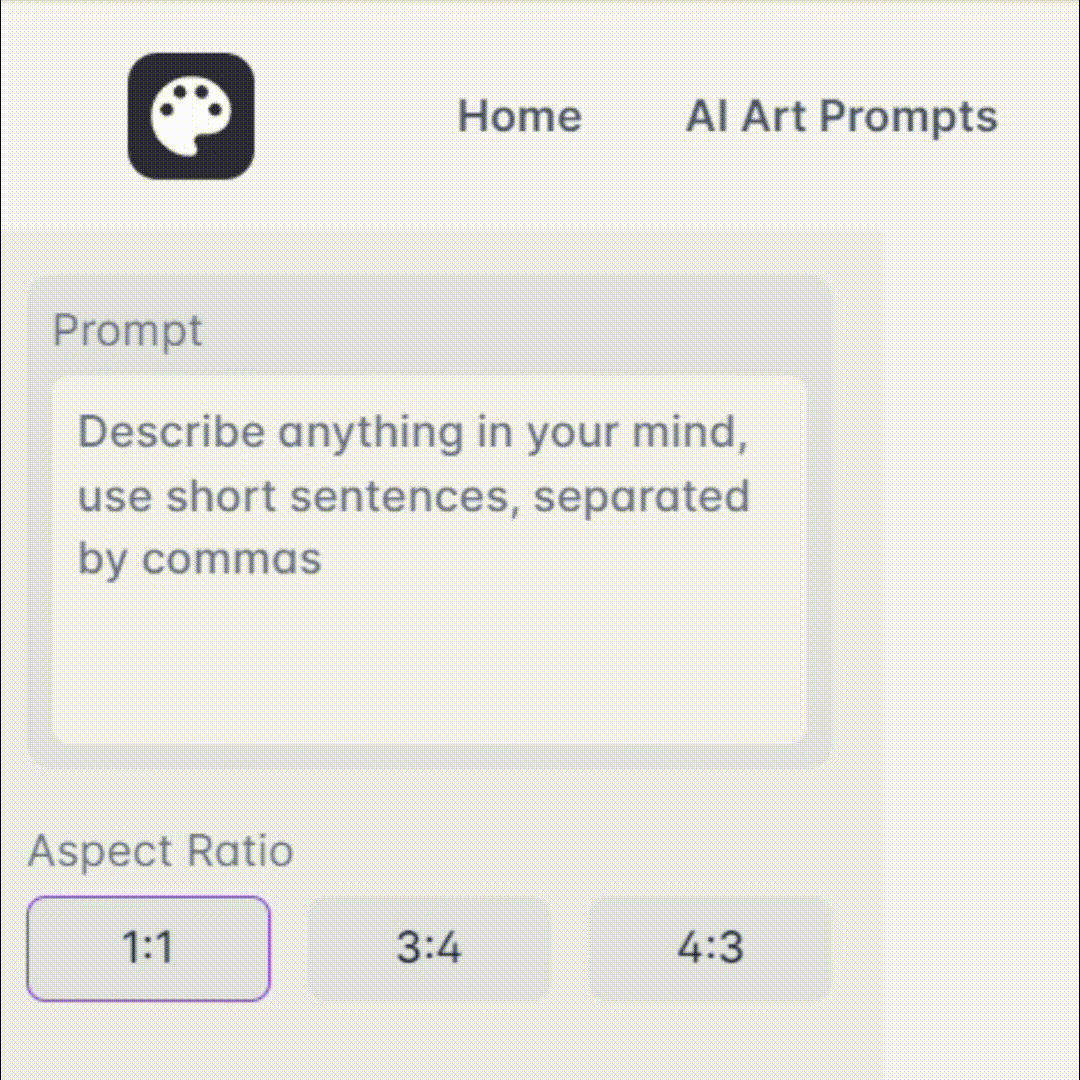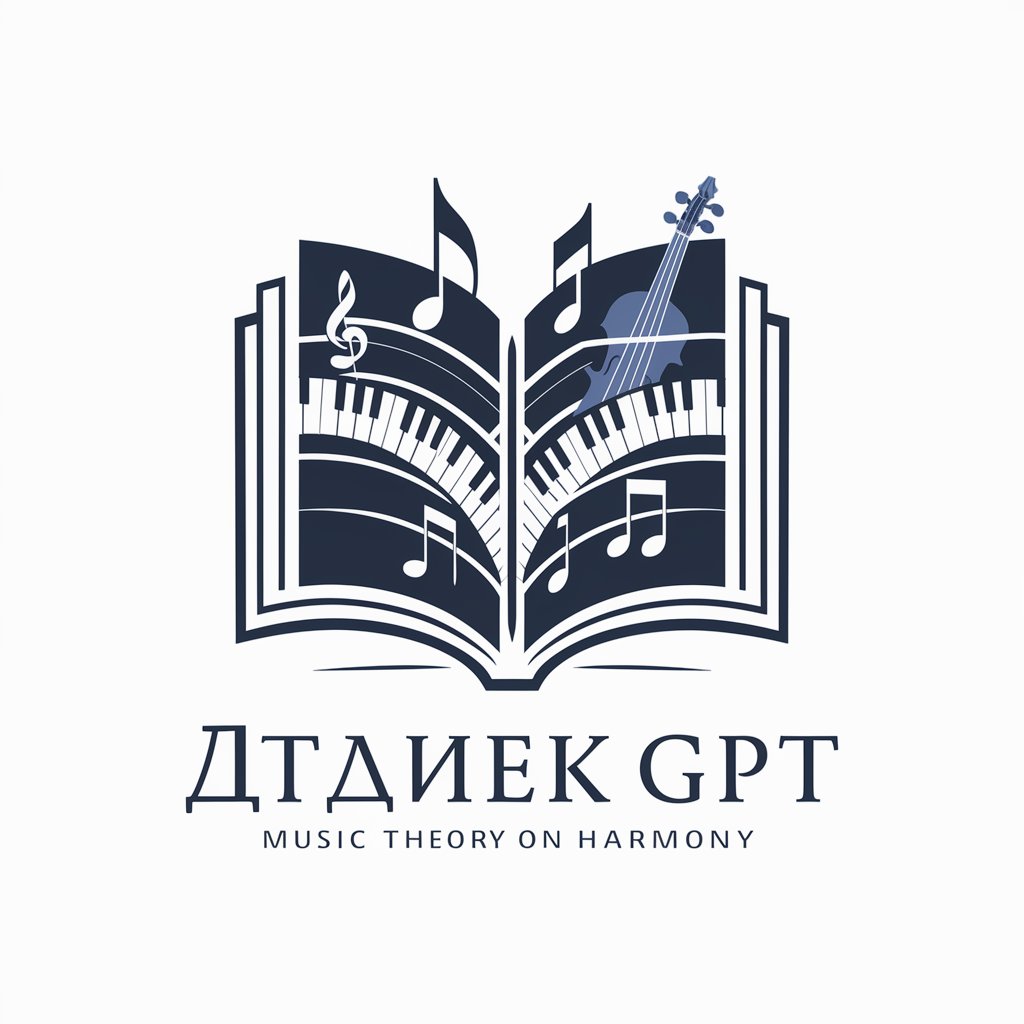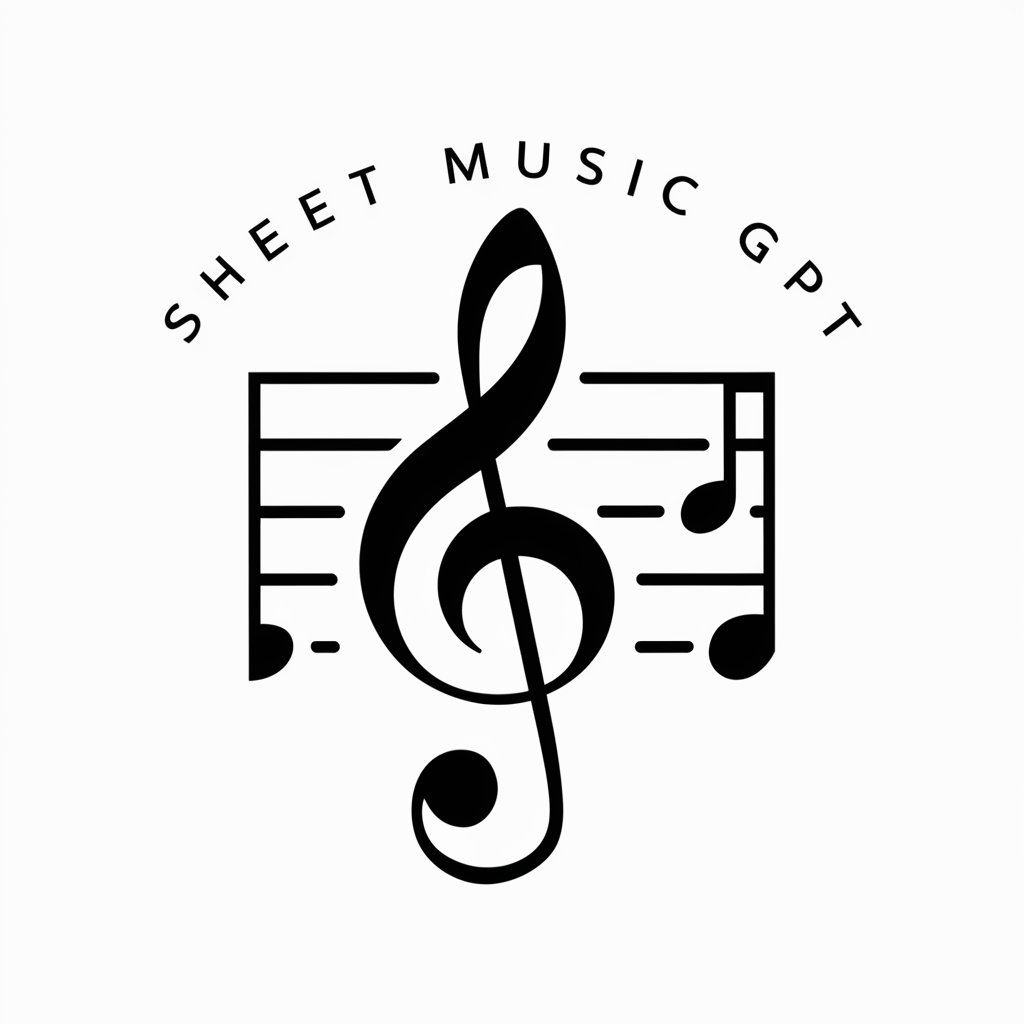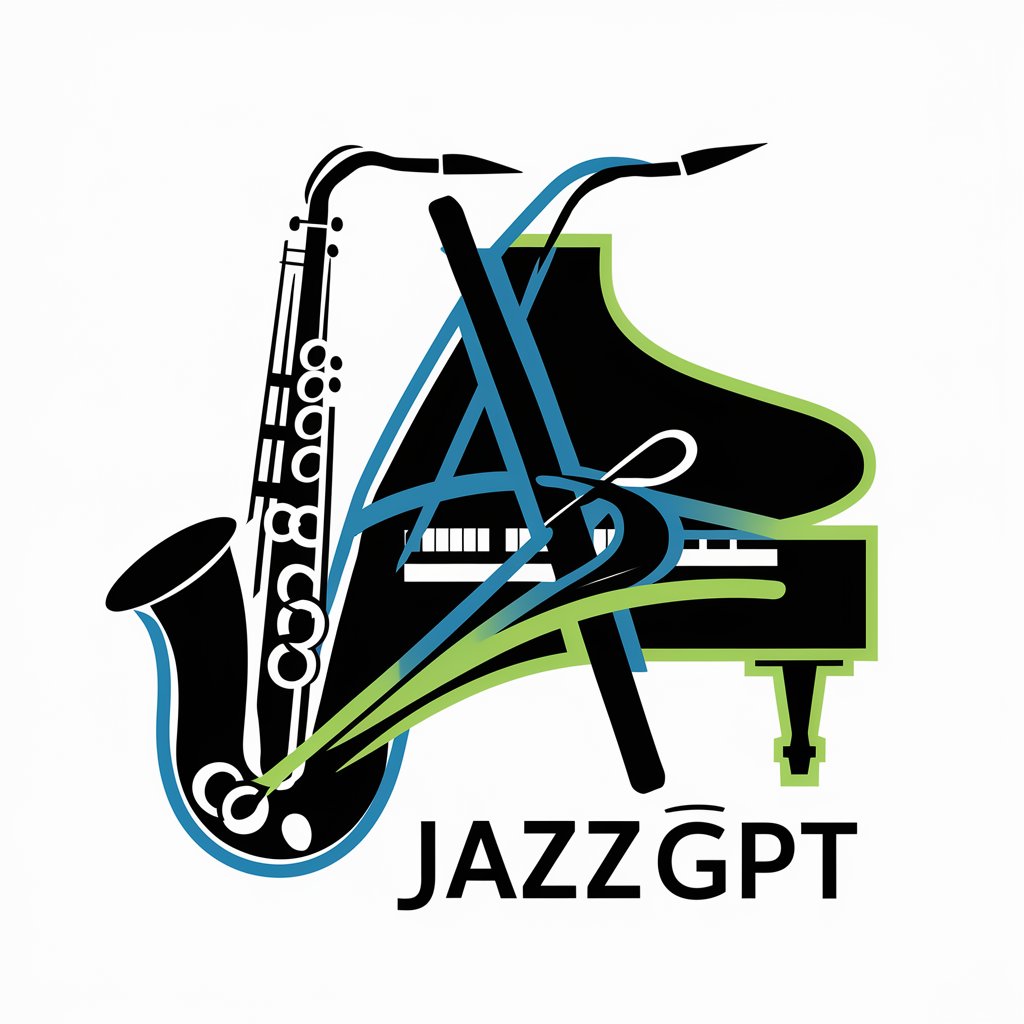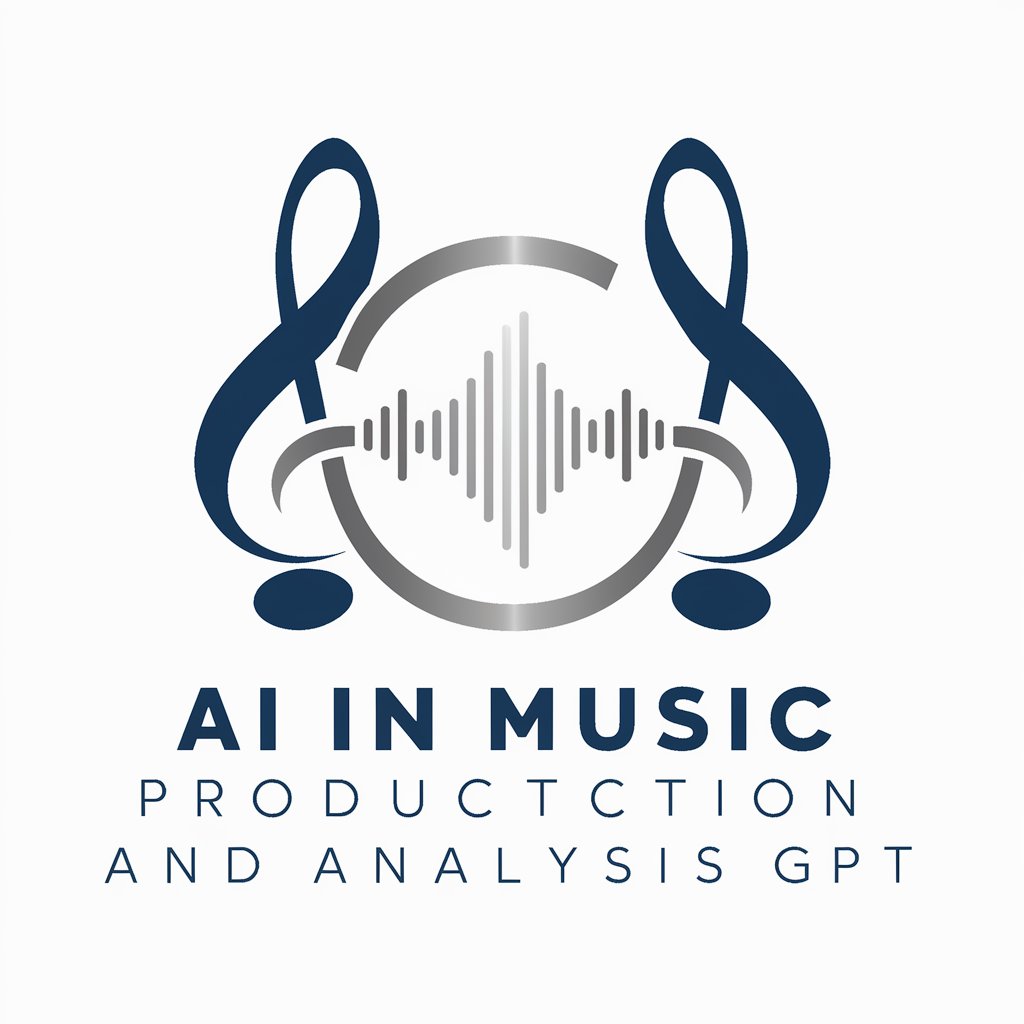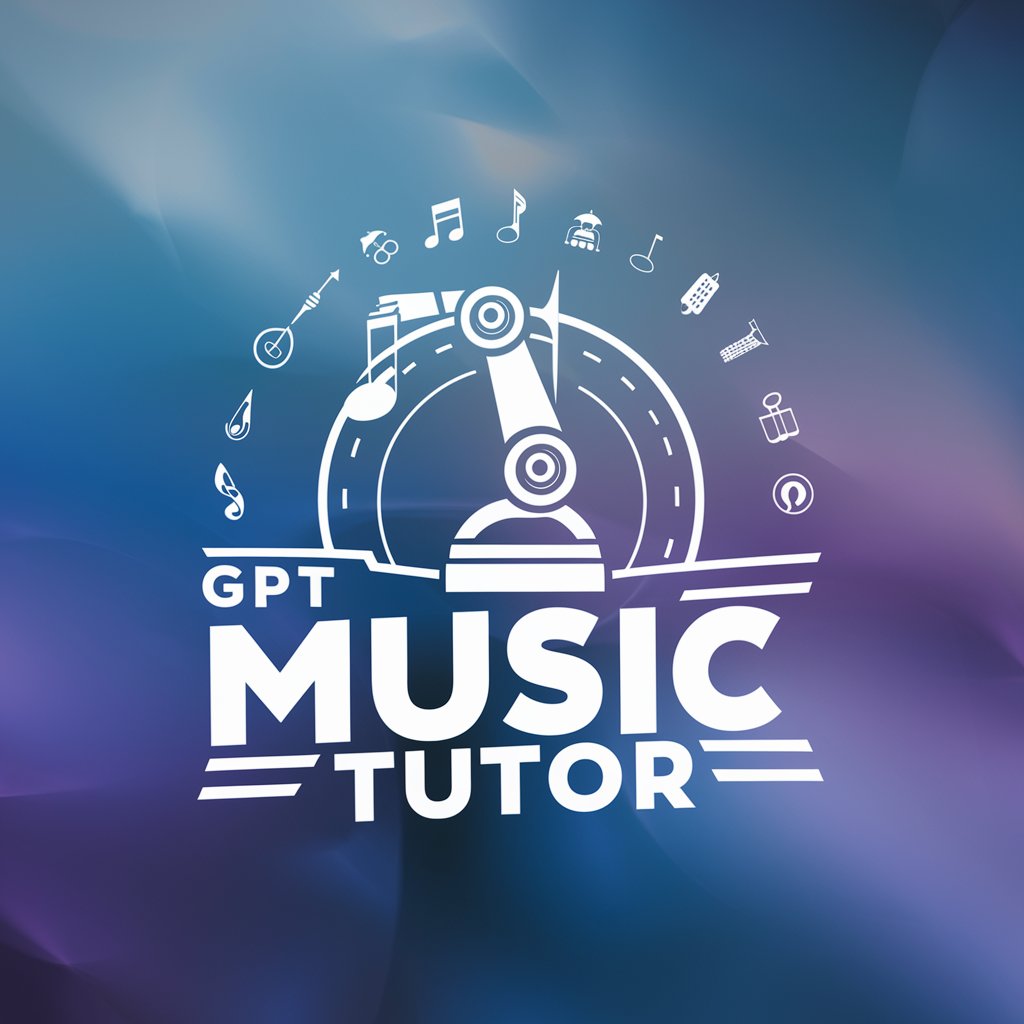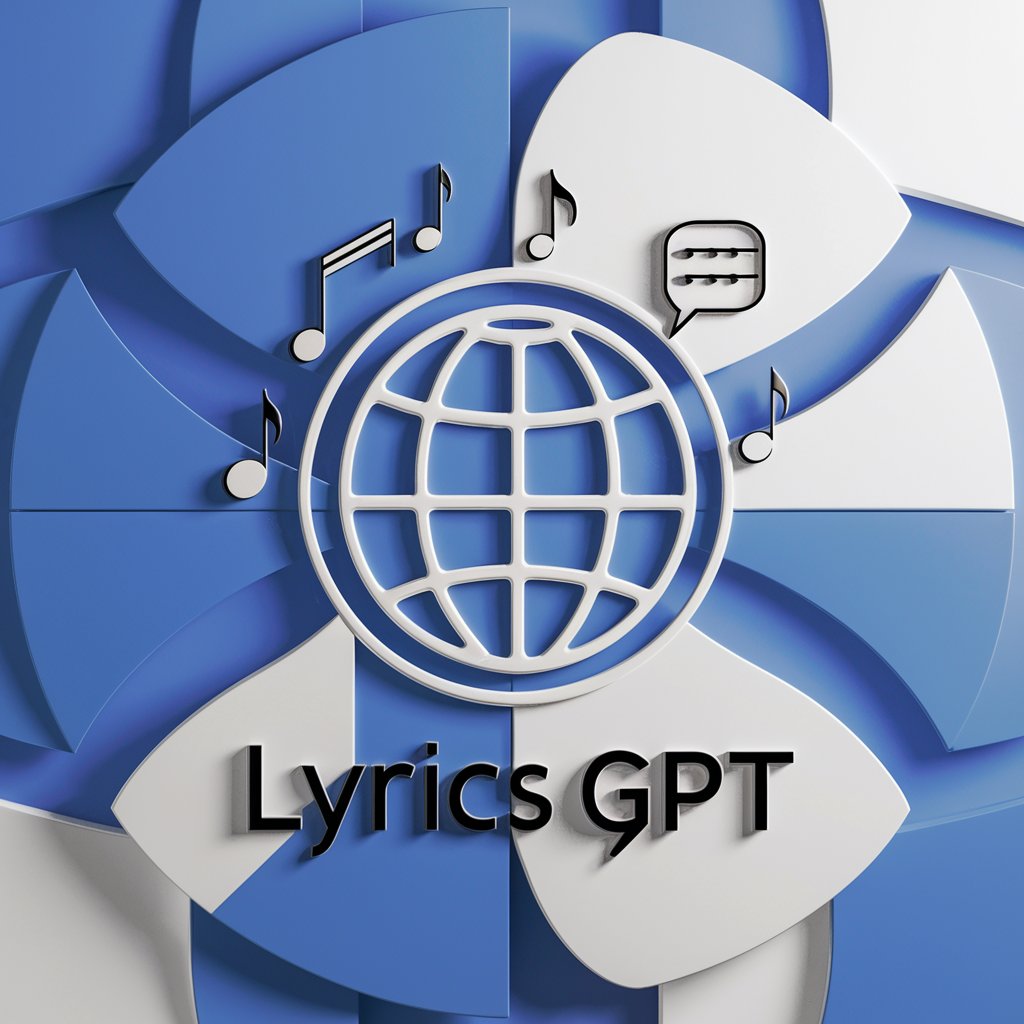
Music Theory GPT - Music Theory Assistant
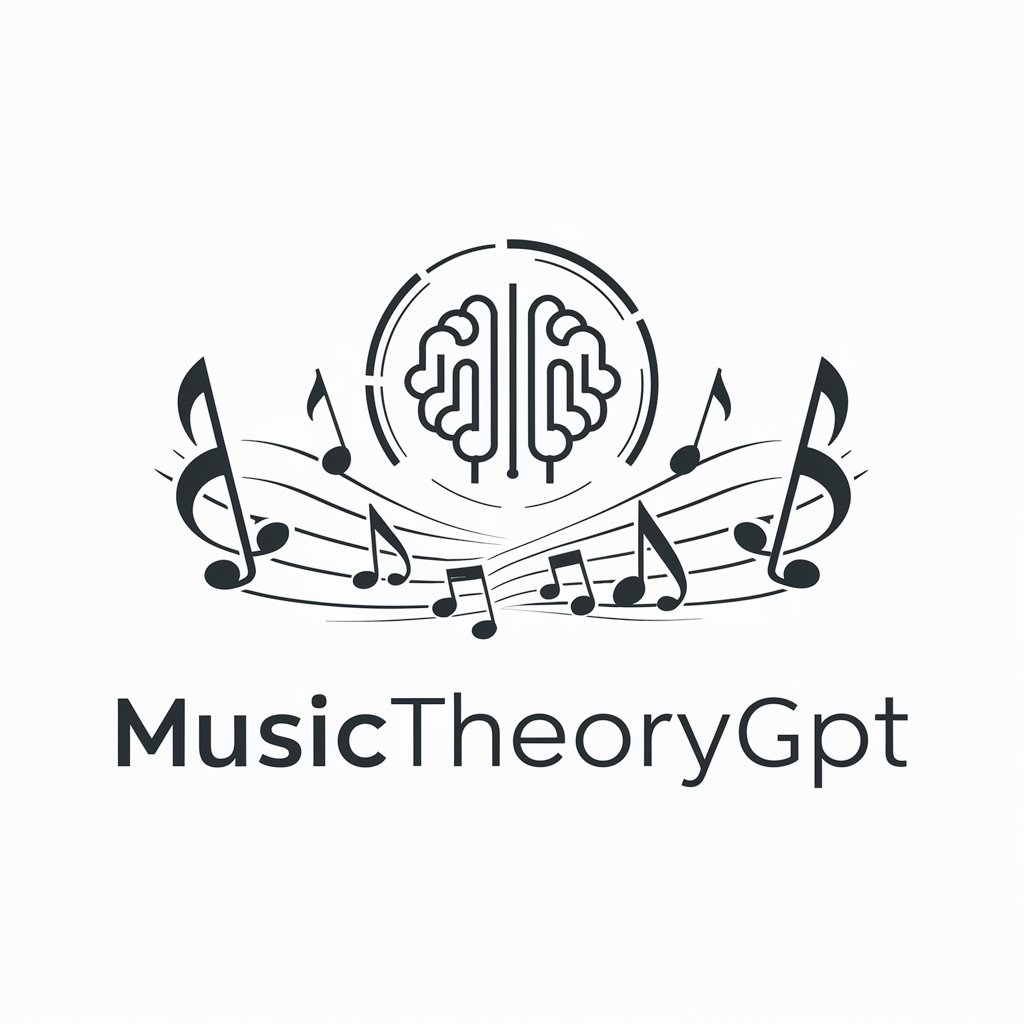
Welcome to MusicTheoryGPT! Ready to explore the world of music theory?
Harmonize Your Music Knowledge
Explain the difference between major and minor scales.
How can I create a smooth chord progression in C major?
What are some techniques for writing an engaging melody?
Can you analyze the chord structure of a jazz standard?
Get Embed Code
Introduction to Music Theory GPT
Music Theory GPT is a specialized assistant designed to provide comprehensive insights, guidance, and support in the field of music theory and composition. Its primary purpose is to assist users in understanding complex music theory concepts, analyzing musical pieces, creating chord progressions, composing melodies, and offering advice on composition techniques. Through its interactive dialogue capabilities, Music Theory GPT can cater to the needs of musicians, educators, students, and enthusiasts at various levels of expertise. For example, it can explain the function of a Neapolitan chord in a piece of music, suggest ways to modulate from one key to another, or offer tips on how to develop a theme in a composition. These scenarios illustrate the assistant's ability to provide tailored, in-depth explanations and practical advice, making music theory more accessible and understandable. Powered by ChatGPT-4o。

Main Functions of Music Theory GPT
Chord Progression Analysis
Example
Analyzing the chord progression of a given piece and explaining its harmonic function.
Scenario
A composer is looking to understand the underlying harmony of a classical piece to draw inspiration for their own work.
Melody Composition
Example
Generating a melody over a specified set of chords.
Scenario
A songwriter has a chord progression in mind for a new song but is struggling to come up with a melody that fits.
Music Theory Explanation
Example
Explaining complex music theory concepts, such as counterpoint or modal interchange.
Scenario
A music student needs a clear, concise explanation of modal interchange for their coursework.
Compositional Advice
Example
Offering tips and strategies for developing themes, motifs, and harmonic structures in compositions.
Scenario
An aspiring composer seeks advice on how to effectively develop a thematic idea throughout a piece.
Ideal Users of Music Theory GPT Services
Music Students and Educators
Students studying music theory can use Music Theory GPT to supplement their learning by clarifying concepts and educators can integrate it into their teaching methods to provide additional examples and explanations.
Composers and Songwriters
Composers and songwriters can benefit from Music Theory GPT's ability to analyze chord progressions, suggest melodies, and offer compositional advice, helping them to refine their work and explore new creative directions.
Music Enthusiasts
Individuals with a keen interest in music but without formal training can use Music Theory GPT to gain a deeper understanding of music theory, allowing them to appreciate music on a more profound level.

How to Use Music Theory GPT
1
Start by visiting yeschat.ai for a seamless introduction to Music Theory GPT, accessible without the need for signup or ChatGPT Plus.
2
Select the Music Theory GPT option from the available tools to specifically focus on music theory queries and tasks.
3
Type your music theory question or topic in the chat interface. Be as specific as possible to receive targeted assistance.
4
Review the provided information and follow any suggestions or exercises to deepen your understanding of the topic.
5
Utilize the tool regularly for practice and exploration to fully harness its capabilities in improving your music theory knowledge.
Try other advanced and practical GPTs
ImageRefinePro
Crafting Your Vision with AI

BlackHistoryAI
Celebrating Black culture with AI-powered stories.

n0scroll
Transform scrolling into learning with AI

Once
Rediscover Your Digital Past with AI
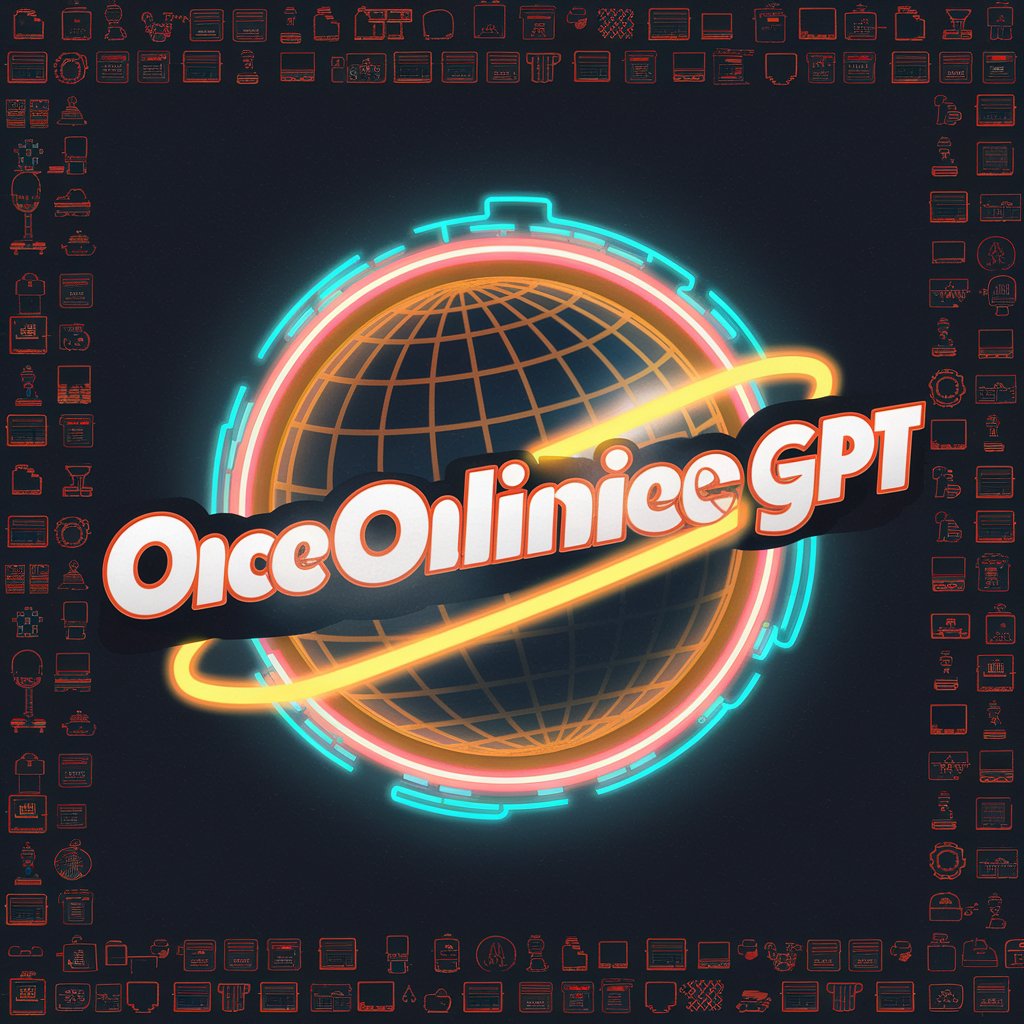
Pilot
Revolutionizing Coding with AI-Powered Precision

Dungeon Master GPT (Beginners +)
Elevate Your Game with AI-Powered Storytelling
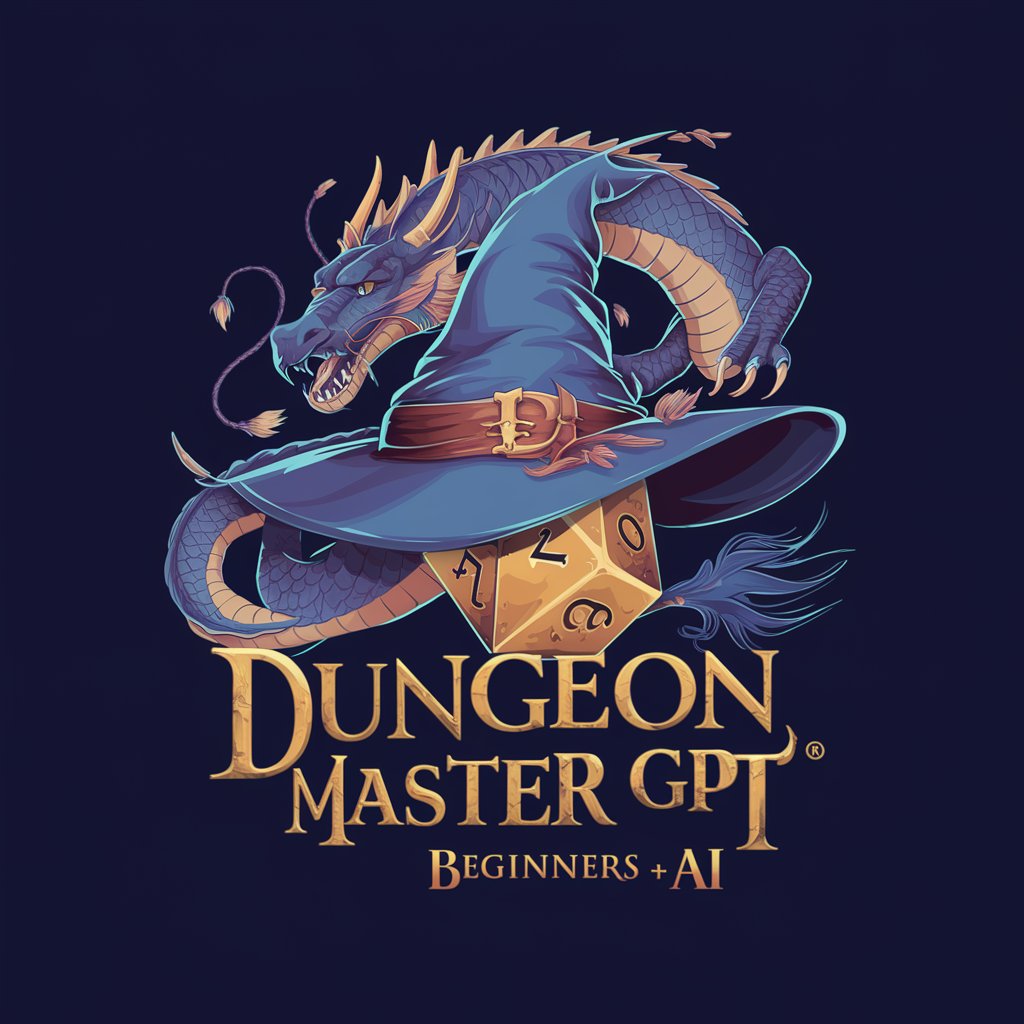
PythonGPT
Your AI-powered Python mentor

Homebase
Empowering in-depth exploration with AI

Codex
AI-powered Catholic Doctrine Explorer
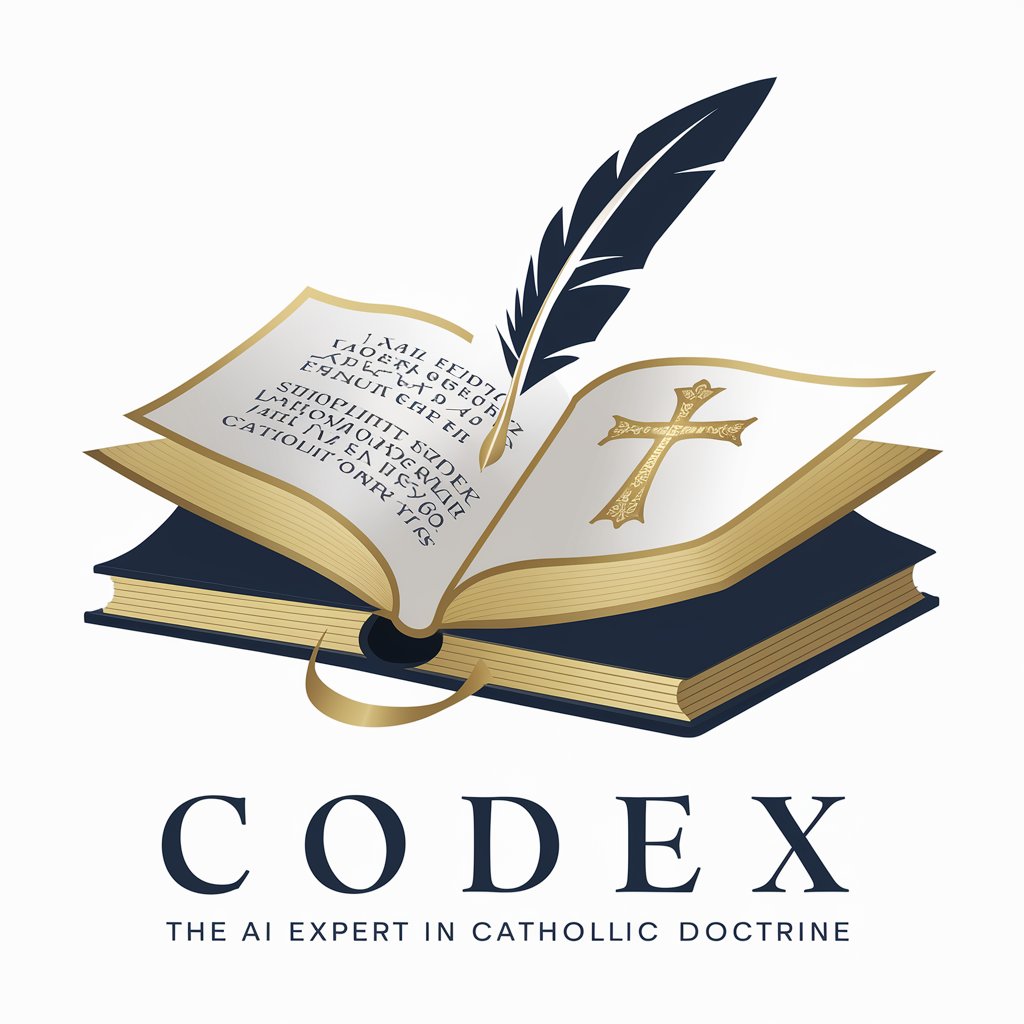
FinanceGpt
Empowering financial decisions with AI.

ApertureAI
Elevate Your Photos with AI

NeuroGPT
Empowering Neurological Care with AI
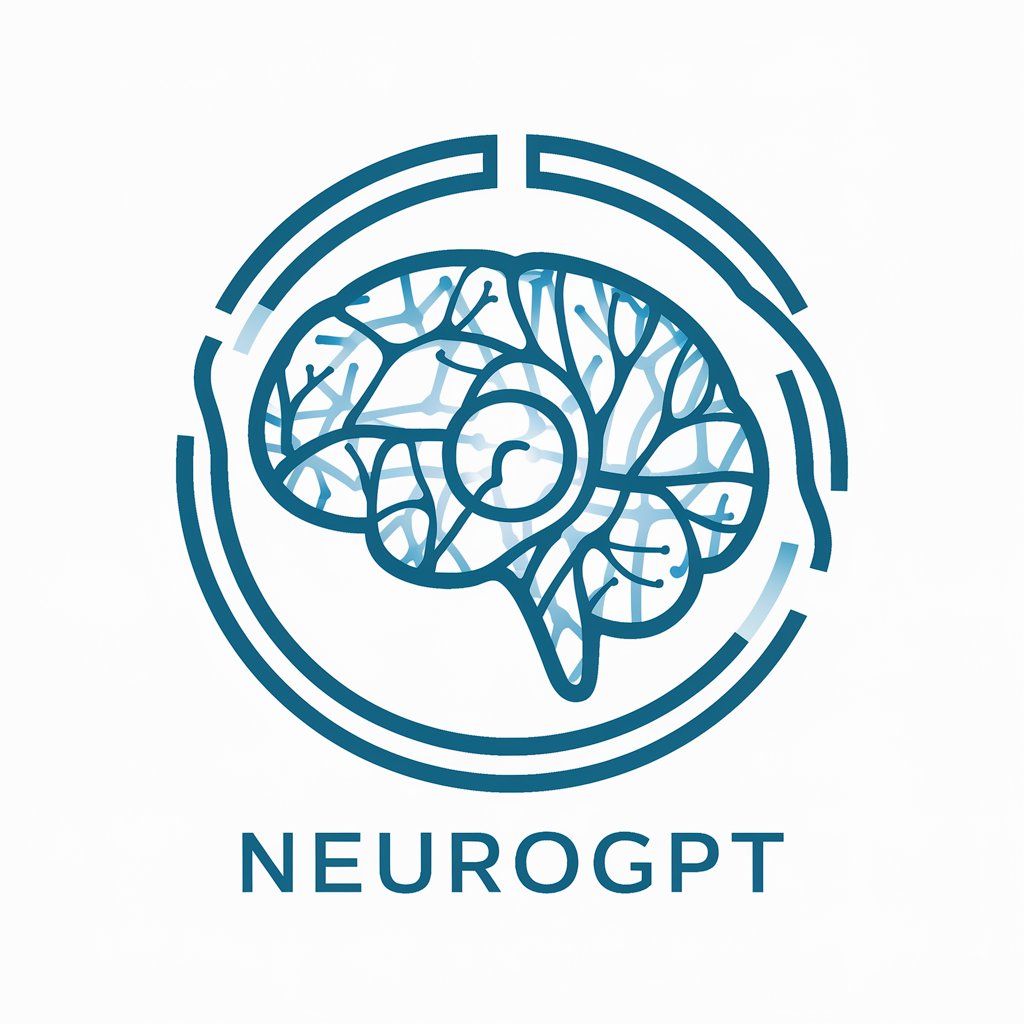
Frequently Asked Questions about Music Theory GPT
What is Music Theory GPT?
Music Theory GPT is an AI-powered assistant designed to help users understand and apply music theory concepts, offering analysis, composition advice, and educational resources.
Can Music Theory GPT help me write music?
Yes, it can suggest chord progressions, melody lines, and compositional techniques tailored to your musical goals and preferences.
How advanced is Music Theory GPT's understanding of music theory?
Music Theory GPT is programmed with a wide range of music theory knowledge, from basic concepts to advanced analysis, suitable for learners at all levels.
Can I use Music Theory GPT for homework or academic research?
Absolutely, Music Theory GPT can assist in academic writing, research on music theory topics, and analysis of musical works for educational purposes.
Is there a limit to the number of queries I can make?
No, users can make unlimited queries to explore various aspects of music theory, though the quality of your questions will directly influence the depth and usefulness of the answers provided.
